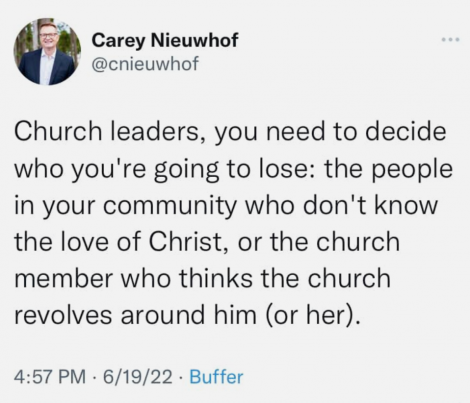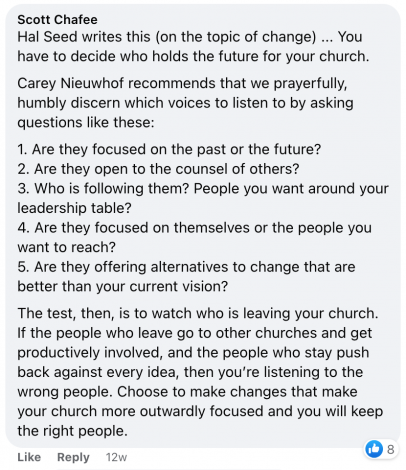On March 24, Scott Chafee brought a message that followed up the lesson from March 10, on Discipleship as a Lifestyle. This message looked at three biblical examples on how the rhythms of life were used to reach people trapped in doubt, darkness, and deception.
Luke 18:31-34 (Jesus predicts his death, as the Suffering Servant)
DOUBT – the disciples did not understand
The Rhythm of Story – Luke 18:31-33
The Rhythm of Listen – Luke 18:34
Luke 18:35-43 (blind Bartimaeus, receives his sight)
DARKNESS – the man could literally not see
The Rhythm of Listen – Luke 18:40-41
The Rhythm of Celebration – Luke 18:43
Luke 19:1-10 (public sinner Zaccheus is transformed)
DECEPTION – the enemy had deceived him and his behavior followed
The Rhythm of Eat – Luke 19:5-6
The Rhythm of Bless – Luke 19:8




